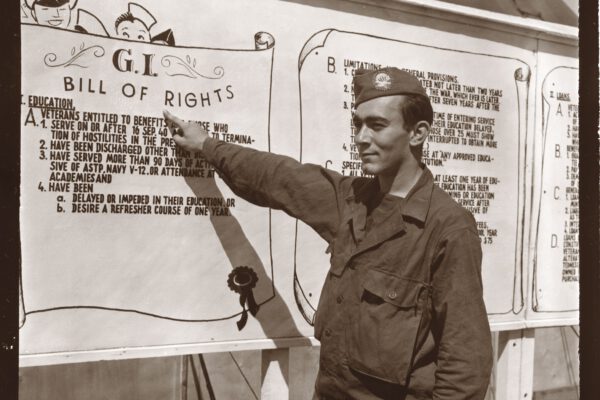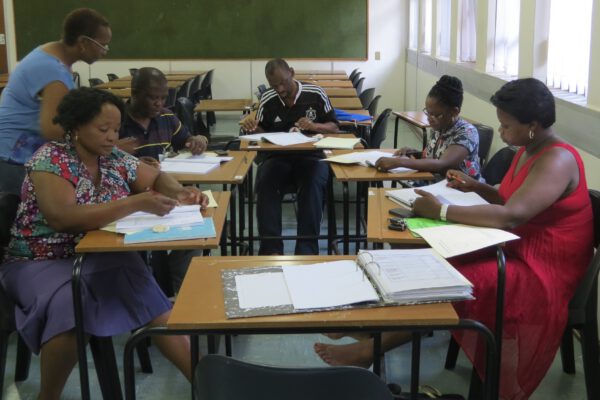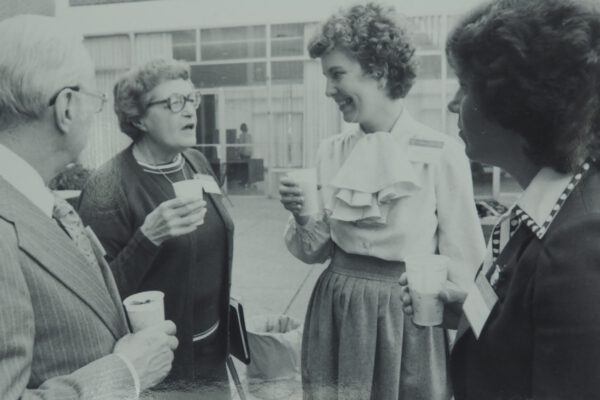
As ACE celebrates its centennial in 2018, this is one in a series of posts that looks at how ACE initiatives have left an impression on the higher education landscape and impacted peoples’ lives.
Because of advanced equipment and improved field hospitals, the numbers of wounded and disabled veterans returning from military service versus those dying in combat are unprecedented. While many of the wounded suffer from physical war injuries, others experience an expanded list of service-related disabilities, including traumatic brain injury and post-traumatic stress disorder.
In the past decade, ACE stepped up to provide this group of severely injured military veterans with the educational opportunities that help them succeed. ACE has a long history, dating to its founding in 1918 the wake of World War I, of serving both military-connected students and the diverse array of colleges and universities that welcome these students to their campuses. From working with the federal government on various iterations of the G.I. Bill to providing resources for service members and institutions on college credit for formal courses and occupations offered by the military, ACE is committed to helping military and veteran students attain their postsecondary education goals.
ACE’s Veterans’ Programs, a nine-year endeavor that ran from 2007 to 2016, created replicable initiatives to help the higher education community expand their programs and services for veteran students and their families. One such program was Severely Injured Military Veterans: Fulfilling Their Dreams (SIMV). In 2007, James Wright, then president of Dartmouth, and Walter Reed National Military Medical Center requested academic assistance for over 700 severely injured service members. ACE responded by creating SIMV, a replicable advising model that could eventually be transitioned to other stakeholders.

In an article about SIMV published by Dartmouth in 2007, Wright said, “I found the women and men I met to be ambitious, dedicated, and capable of meeting the world’s challenges, but they faced the large obstacle of completing their own education first.” SIMV identified ways to meet the academic needs of this unique student population, including tutoring, career counseling, individualized education plans, support with test preparation, individual advocacy, and guidance on the college application process. It also recommended continuing academic counseling, creating spaces on campuses for veterans programs and social support, and supporting their transition to employment.
SIMV’s onsite program soon expanded to three other military hospitals: Walter Reed Army hospital in Washington, DC; Naval Medical Center San Diego; and Brooke Army Medical Center in San Antonio, Texas. ACE also hosted two Service Member and Veteran Academic Advising Summits to share their SIMV findings and practices with the larger higher education community.
“Because we’re so underrepresented in higher education, we are almost a novelty,” Brendan Hart, a marine veteran who consults with institutions interested in building networks of support for veteran students, told The Christian Science Monitor in 2008, “and just bridging the gap between the military and academia can go a long way to opening the door to help veterans in their transition.”
If you have any questions or comments about this blog post, please contact us.


